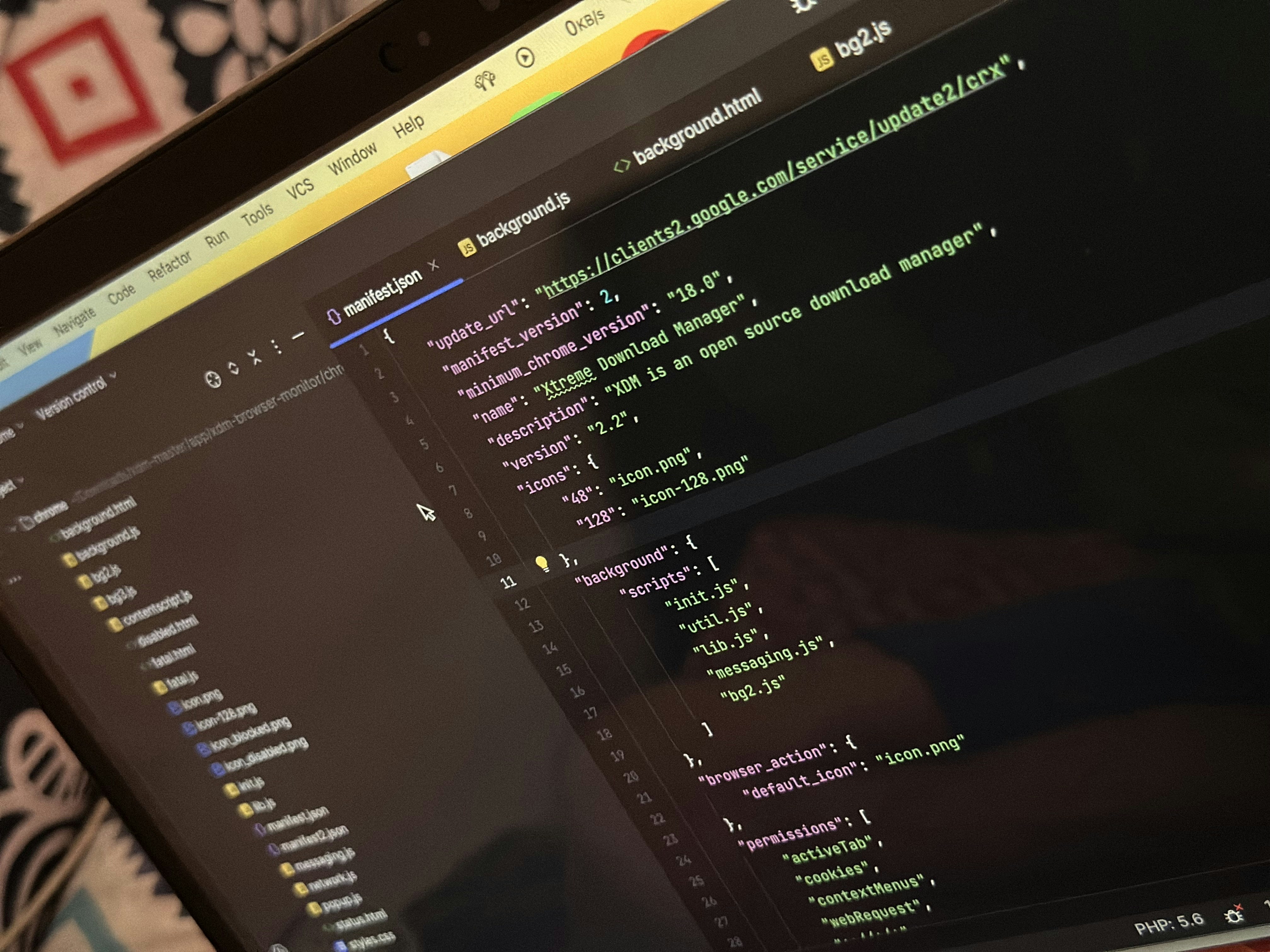
Introduction to the Whistleblower’s Claims
Recent allegations from a former employee of Meta have brought to light startling truths about the company’s dealings with China. This whistleblower claims that Mark Zuckerberg, the CEO of Meta, collaborated with Chinese authorities to develop ‘custom-built censorship tools.’ Such tools are reportedly designed to silence dissenting voices and maintain a tight grip on information flows within the country.
The Nature of the Censorship Tools
According to the whistleblower, these censorship tools allow the Chinese government to regulate content on platforms operated by Meta. This raises significant ethical questions about the extent to which corporations should engage with foreign governments, especially when those governments have a track record of suppressing free speech. The development of such tools may indicate a willingness from Meta to compromise on its stated values regarding user privacy and freedom of expression.
Implications for Global Internet Governance
This revelation has far-reaching implications for how global internet governance is approached. As technology companies increasingly engage with authoritarian regimes, the lines between cooperation and complicity blur. The situation calls for greater transparency and accountability from tech giants like Meta, particularly in the face of accusations that they are facilitating censorship.
Overall, the whistleblower’s claims regarding Mark Zuckerberg’s work with China on censorship tools highlight the complexities of global technology operations. As the discourse around free speech continues to evolve, the role of major tech firms in supporting or undermining democratic values will remain a crucial topic of discussion.
Discover more from Techtales
Subscribe to get the latest posts sent to your email.